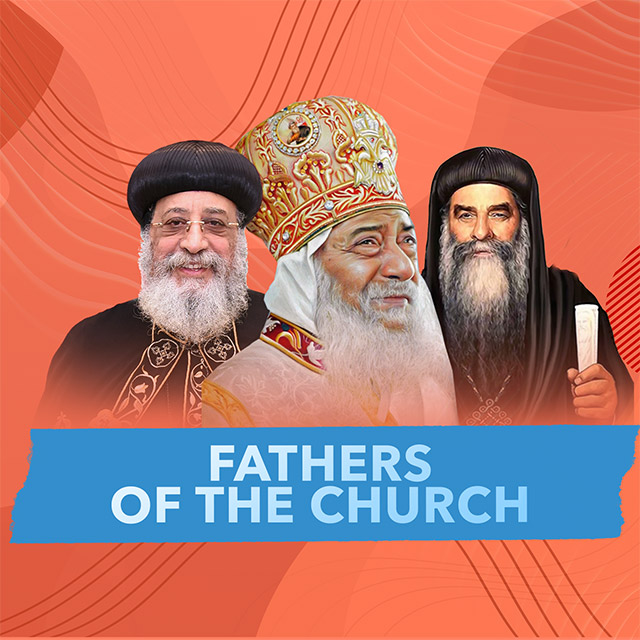Yes, We Believe in the Death of God
Written by Oliver
• The incarnate God died. Yes, for us Christians, God dies—because He became like man when He was incarnated. He took everything that belongs to man, even his death. Today, every human being knows their worth in Christ. We have become more precious to Him than His own self. Our faith remains unshaken in Christ, who died for us and rose again.
• Christ died a human death. When the soul of a man leaves his body, he dies. This is what happened to Christ. He took His human soul and entrusted it to His good Father, then bowed His head and died by His own will. But His divinity does not die. There is no place devoid of Christ’s divinity that it might depart from Him. He was in the body in the tomb, in the human soul with the Father, in Hades opening its gates, and in all places without interruption. Thus, God died in the flesh, but His divinity does not die.
• The death of Christ is awe-inspiring. It is the foundation upon which judgment is established for all mankind. Whoever does not accept Christ’s salvation will perish. Christ died so that we would not die an eternal death as we did before redemption. We believe in Christ’s death, and so we do not die.
• God died, even though He could have chosen not to—but He died for us. If Christ had not died, we would have neither life nor salvation. Without His death, the kingdom would not have opened before us. We would not have been reconciled with the Father, nor received the Holy Spirit, nor had our sins forgiven. We would not have regained the authority of being children of God. We would not have become His people or His Church. We would have no advocate or mediator before the Father—the righteous Son of God. Had our God not died, our enemy the devil would not have been defeated. We would have no hope, no matter how bad our circumstances. We rejoice in the death of our God.
• The death of Christ is the source of our joy, the foundation of our faith, the dowry of our wedding, the gate of our eternity, our new covenant, the essence of the love of the Holy Trinity, our new life, the secret of our strength, the baptism of our renewal, and the Holy of Holies of our knowledge of Christ.
• Christ died crucified, and the nations were washed by His blood and purified. Beneath the cross, the Church was nurtured. She carried her cross like her Lord, was watered from His side, and fed on His given body and poured-out blood. The death and life of Christ are her very life.
• The death of Christ resembled ours, but it was also different. His was the death of the Only Begotten, the death of the One whom death cannot defeat. He died by His own will; no one took His life. He died while alive in His divinity. He died while preaching in Hades and never ceased rescuing souls. He died and remained with us. That’s why the Church praises Him with His names and places the name of Emmanuel—God with us—at the forefront of Holy Week hymns, because Christ’s death did not separate Him from us. He is with us even in death. He died and rose by the power of His own self—no one raised Him. He died without sin. He died in a human body and rose in a glorified body. Christ the Lord lived as a man and died as a man, but no one dies like Christ the Savior.
• Our God Jesus Christ died, and every drop of His blood cries out: “What more could I have done for My vineyard that I have not done?” For after the death and resurrection of Christ, no human needs another savior or redemption, or another prophet, or another religion. The death of Christ is a complete salvation—nothing lacking, nothing to be added. After Christ’s death, no one can live independent of Him. His death fully paid the price—no more debts to burden us.
• Christ died, and the temple veil was torn. The rocks split. The graves were opened. Saints rose and appeared to many. Everything bore witness to the majesty of the living Christ. The soldiers who had mocked Him at His crucifixion cried out with their commander after His death, saying: “Truly this was the Son of God.” And this is the very same truth we believe in today—we, the people of Christ.












